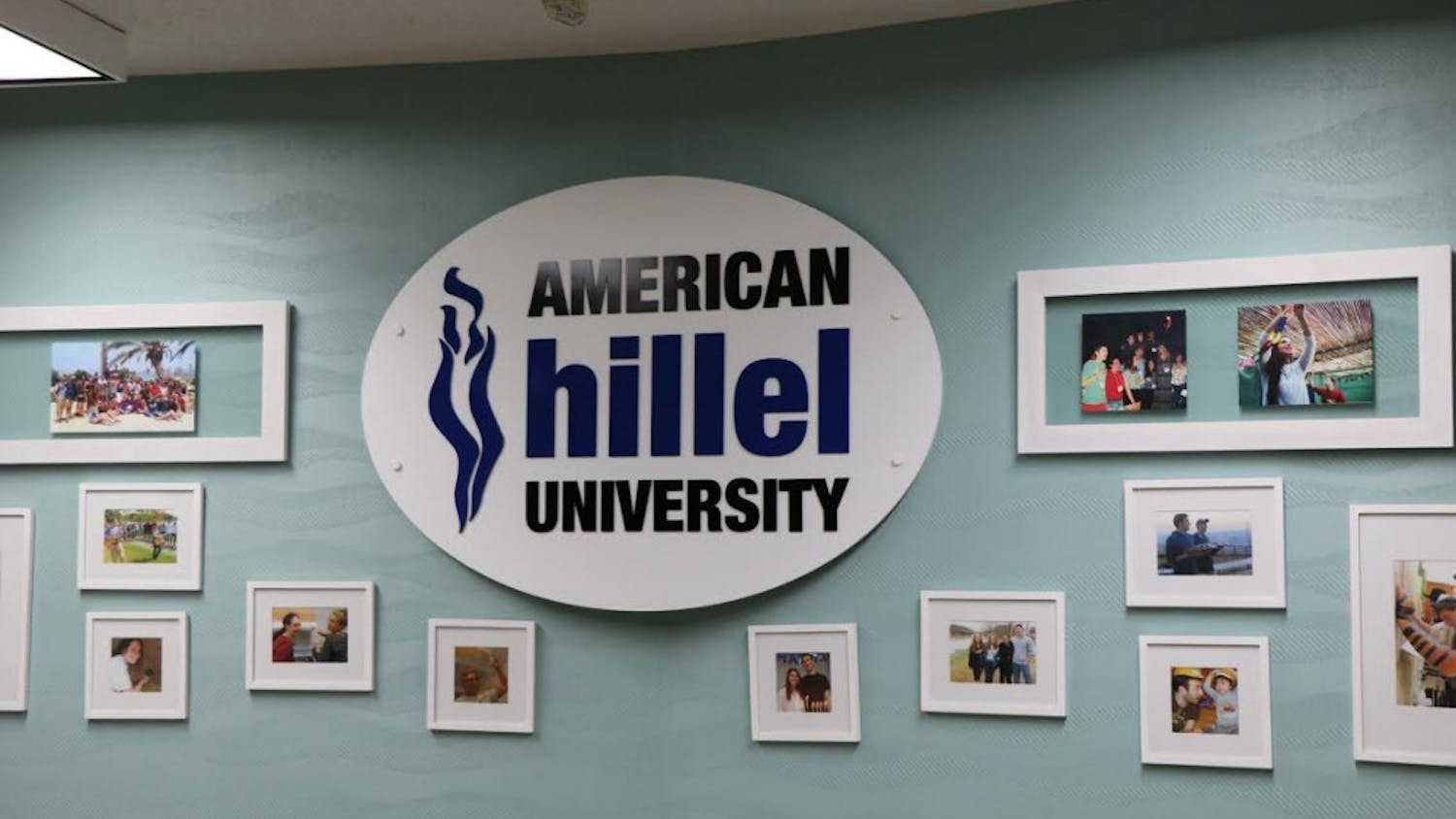Despite the fact that water in some residential areas of D.C. was found recently to be contaminated with lead, AU's water is safe to drink, according to Willy Suter, director of Physical Plant Operations.
Suter said his impression is that the lead contamination is only affecting residential service pipes. Some water pipes in the District are made of lead, which can contaminate the water that comes from them. Other pipes are made of copper.
While some homeowners have lead pipes, pipes for commercial use, such as at colleges, must be larger to accommodate higher water pressure. For that reason, commercial pipes are not made out of lead, Suter said.
The University is in negotiations with an environmental company that will be commissioned to test the water servicing campus. There is no definite date yet set for the testing, Suter said.
"They are probably swamped at this point," he said. "But I don't expect our lead levels to be elevated."
Julie Weber, executive director of Housing and Dining Programs, feels that the campus water situation is under control.
"I trust the Physical Plant to be able to manage the situation and keep us informed," she said.
Jennifer Singleterry, a sophomore in the School of Public Affairs, is not worried about drinking water on campus.
"My Brita filter gives me a sense of comfort," she said.
Courtney Jones, a freshman in the College of Arts and Sciences, agrees.
"I use a Brita filter so I feel OK about it, but I would feel nervous about it otherwise, regardless of what they say," Jones said.
According to Brita's Web site, independent laboratory tests show that the filters remove 97 percent of lead in water.
Suter attributed the rise in lead levels in D.C. to the city's switch from a chlorine-based treatment program to a chloramine-based program.
"Sometimes, chloramine-treated water can be more aggressive in its interaction with metals," Suter said.
Keith Givens, a spokesman for the D.C. Water and Sewer Authority (WASA), said water is treated with chlorine during the warmer seasons. In colder weather, chloramine is used.
Suter said that when the switch was made, officials said that chloramine would have only a positive effect on water taste and smell but that there was a potential for other types of changes that they would monitor.
"I think the monitoring is what the recent aggressive water testing was a part of," Suter said, "although D.C. hasn't made the connection that the lead they found was a result of chloramine."
According to Environmental Protection Agency guidelines, WASA must replace 7 percent of its lead pipes each year now that elevated levels of lead have been found. Givens said that WASA has been replacing pipes for the past year and reduced the number of lead service lines from 23,000 to 22,500.
On Wednesday, D.C. officials announced plans to create an independent task force to determine why WASA delayed public disclosure of the lead level hikes. Tests last summer showed lead content above federal limits in thousands of residences, according to The Washington Post.
Givens said that WASA has informed people and sent letters to homeowners since fall 2003.
"We sent out letters to people asking if they wanted to test their water and got a very low response. Now everyone wants to," he said.
The D.C. Council will have public hearings Tuesday with WASA officials.
The WASA Web site tells anyone who wants to find out if his home has lead pipes to call (202) 787-2732 or e-mail WQP2003@dcwasa.com.
"WASA will provide a free testing kit within two days, free pickup and test results within 30 days," the Web site said.




